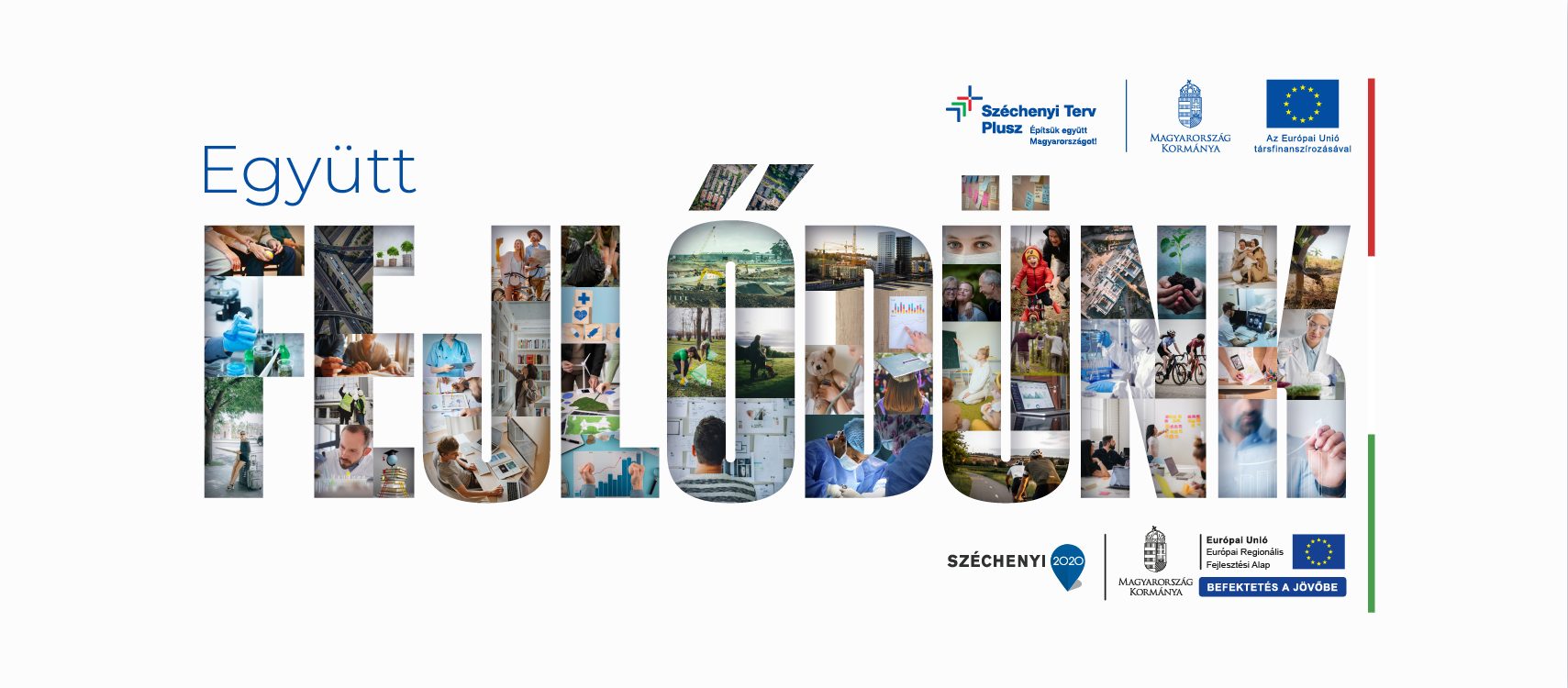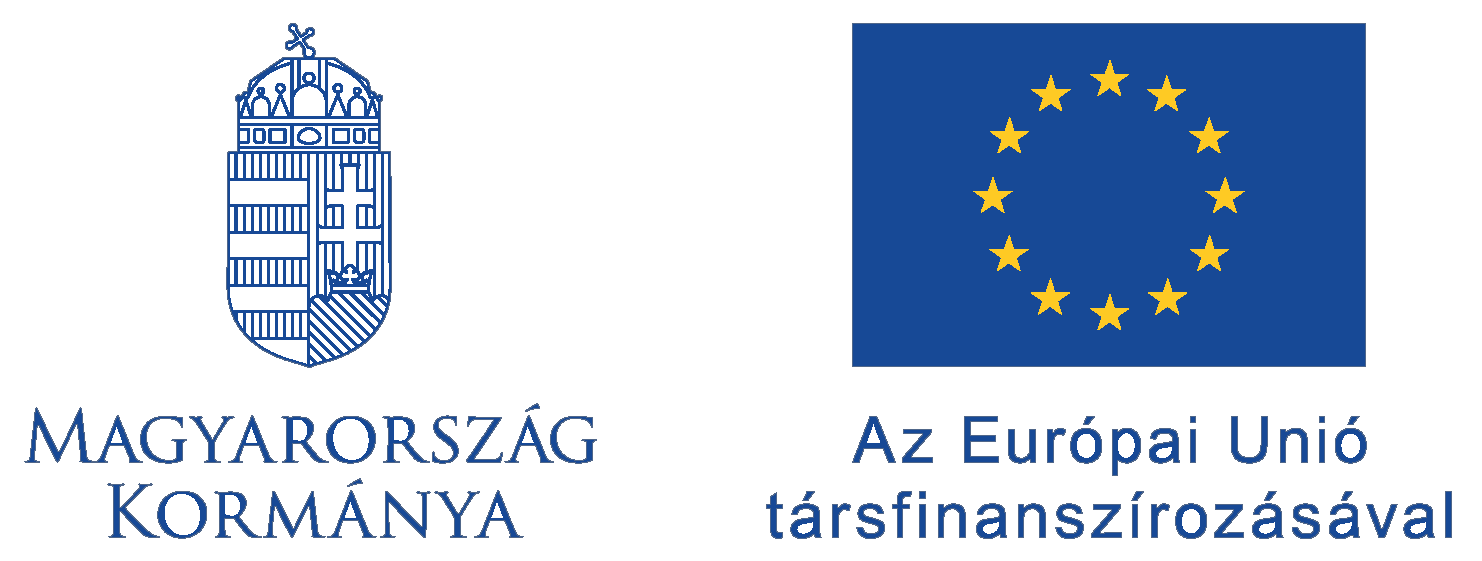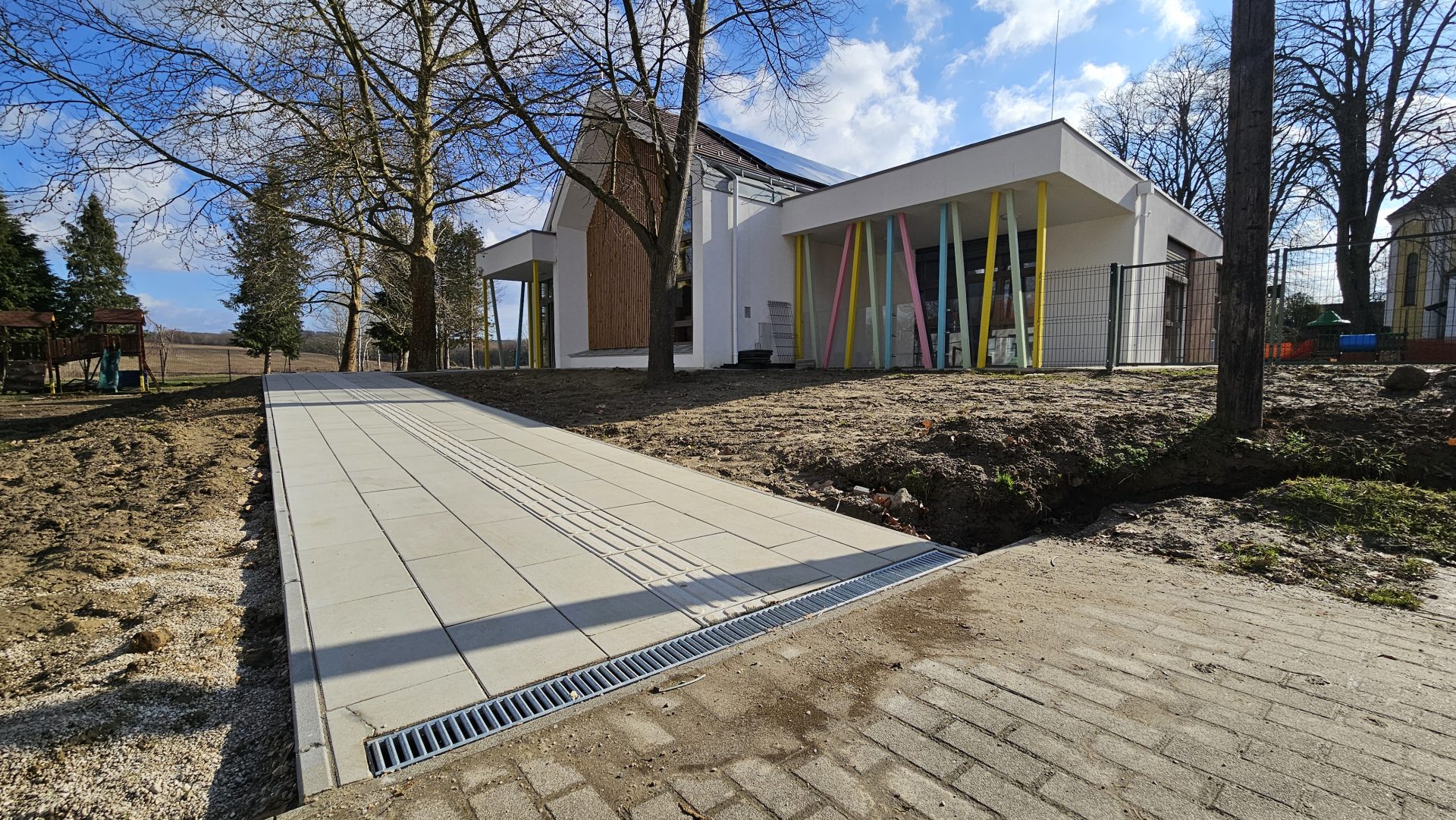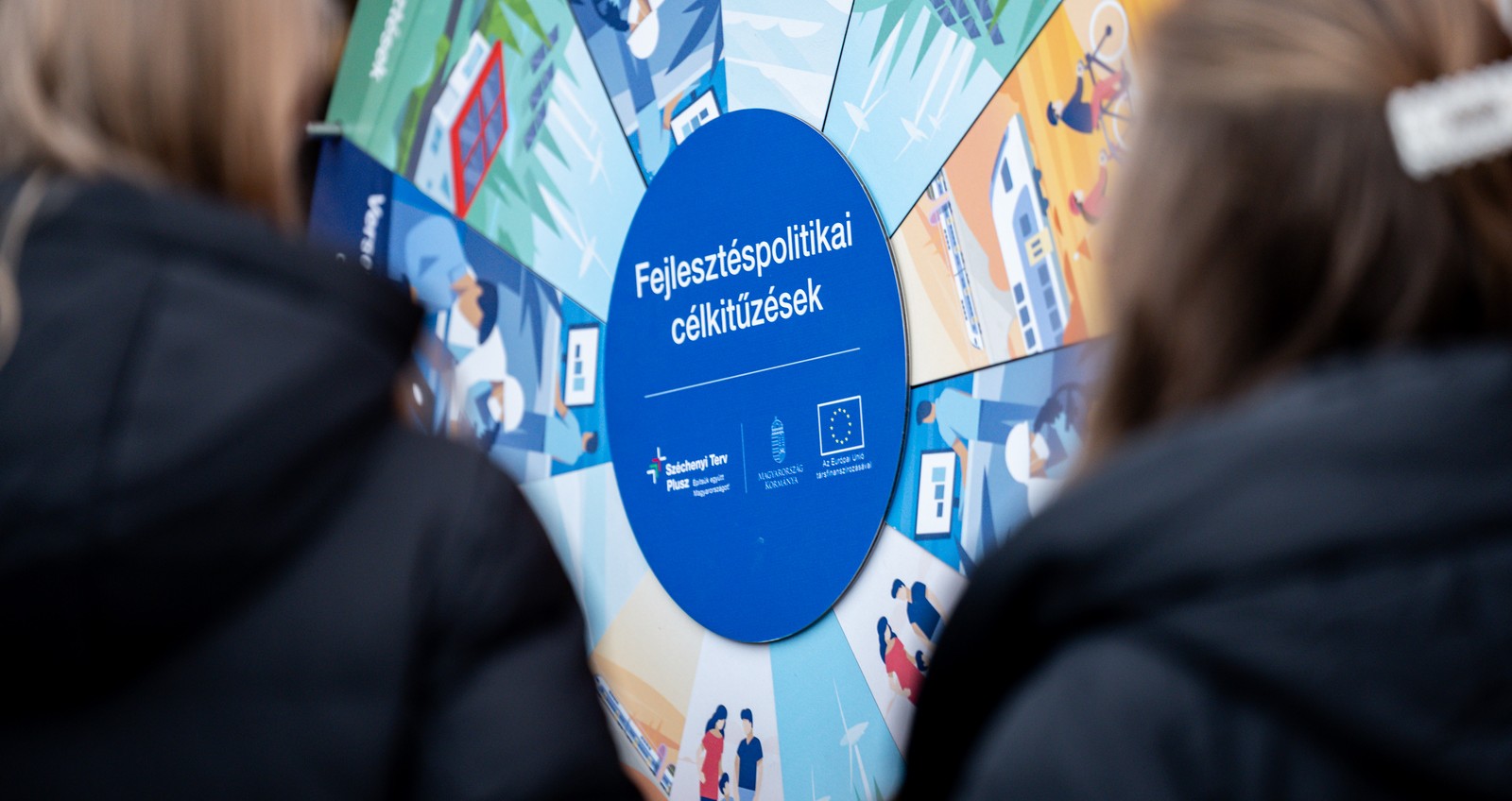In Hungary, cancer and cardiovascular diseases unfortunately remain widespread public health issues. Cancer claims the lives of more than 30,000 people every year, while cardiovascular conditions are responsible for nearly half of all deaths. Thanks to an EU-funded project, doctors and patients at the Jósa András Teaching Hospital in Nyíregyháza now have access to cutting-edge medical technology.
Founded in 1899, the Jósa András Teaching Hospital has been providing healthcare services to the residents of Szabolcs-Szatmár-Bereg County for over a century. Today, it is not only the largest hospital in the region but also a key training site for several universities and vocational schools. With support from the Human Resources Development Operational Programme, the hospital has recently enhanced both its oncology and cardiology services with state-of-the-art equipment.
As a result of the project, oncology care has been strengthened with new radiotherapy and surgical instruments, as well as advanced diagnostic devices. These allow for faster and more reliable diagnoses, which is especially crucial when cancer is detected at an early stage.
Specialists now have access to a stereotactic treatment unit, surface-guided radiation therapy (SGRT), modern microscopy technology, and analytical software. The new oncological surgical tools are in use across the surgery, ENT, and urology departments. Among them is the CUSA ultrasonic surgical system, which provides a safer method for removing liver and gastrointestinal tumors.
In cardiology, the addition of the IGS5 angiography system has expanded both diagnostic and interventional options. The system offers more precise imaging, supports the diagnosis and treatment of coronary artery disease, and enables remote consultation through the archiving and processing of scans. Other new acquisitions include a whole-body cooling system, a high-end ultrasound machine, and a stress-test bicycle with ECG monitoring. The ECG bike enables doctors to assess how a patient’s heart performs under physical strain – a safe and highly valuable tool for uncovering heart-related issues.
Thanks to these improvements, patient care has become safer and more predictable, while diagnosis and treatment can now rely on the most modern methods available. The new equipment not only makes daily medical practice more efficient but also supports faster recovery and a better quality of life for patients.
The development was implemented from EU funding in the project EFOP-2.2.23-21-2022-00009 under the Human Resource Development Operational Programme.
Find out more about the project in the Project Finder:Details








